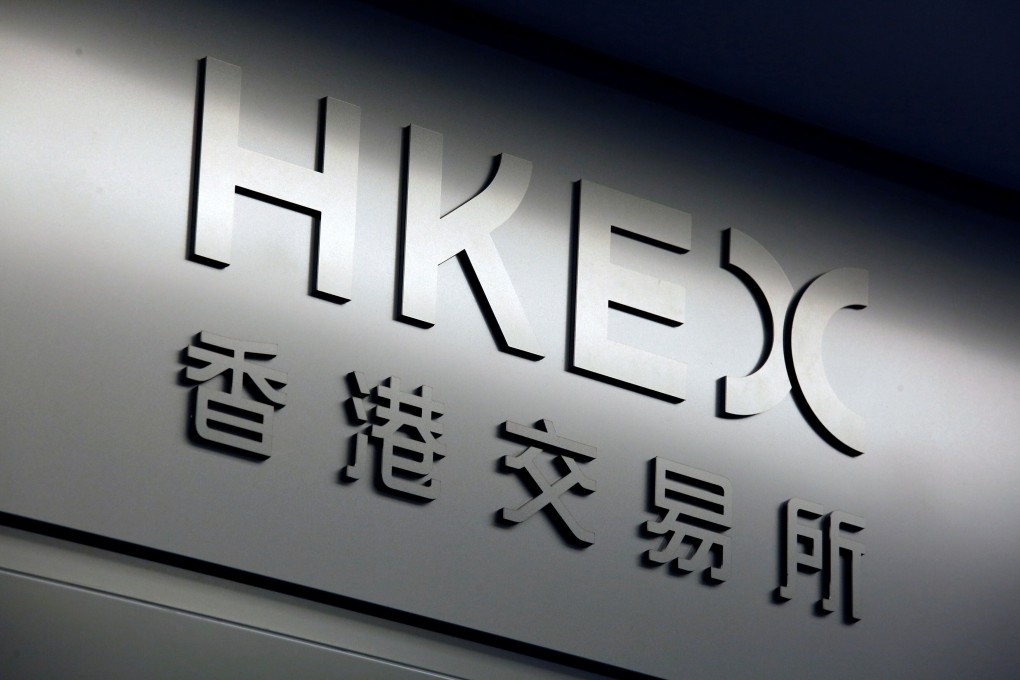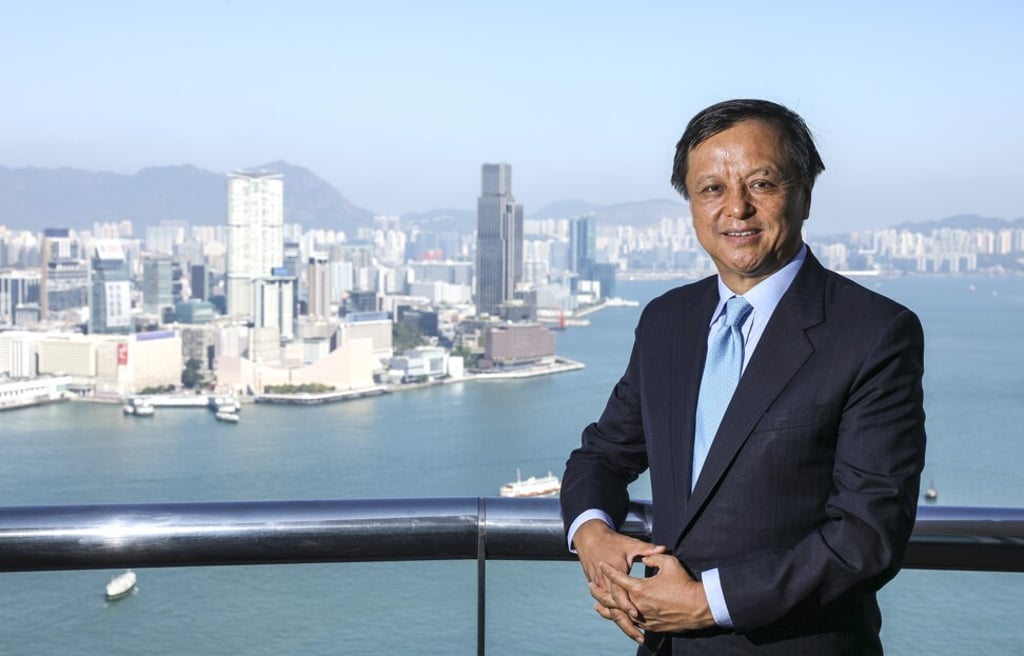Hong Kong to surpass Nasdaq as king of biotech listings in five to 10 years as Chinese scientists dominate field, HKEX chief predicts
- There is no question HKEX is one of the only two real global biotech equity fundraising centres, CEO Li says
- Chinese scientists expected to dominate research as they are racing ahead in sector after sector in life sciences

“There is no question we are one of the only two real global biotech [equity fundraising] centres,” chief executive Charles Li Xiaojia said at the HKEX Biotech Summit on Tuesday. “I’m sure, in the next five years, 10 years, or at some future time, we will be number one.”
Chinese scientists are massively racing ahead in sector after sector in life sciences, Li said. “They are standing among the best and brightest around the globe,” he added. “There is no reason why they will not bring us to the top of the world.”

So far 20 stocks have gone public under the regime, while 12 more are in the IPO pipeline, said Christina Bao, HKEX’s head of global issuer services. Those that listed under the regime, including drugs and medical device developers, have performed well, she added.